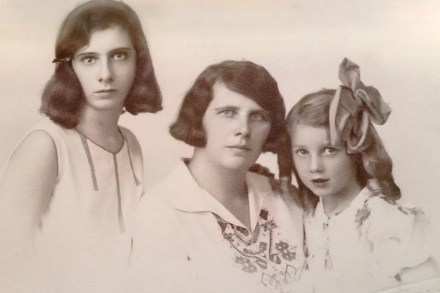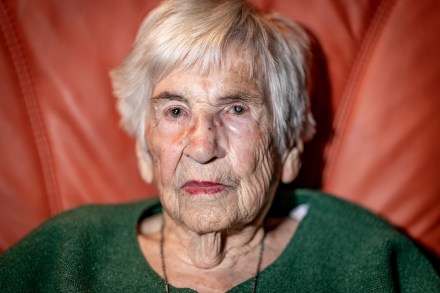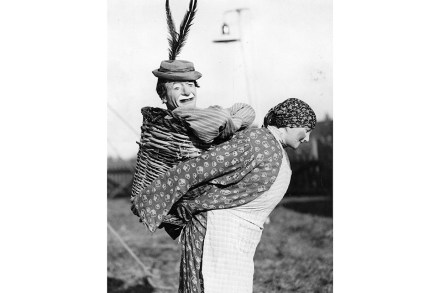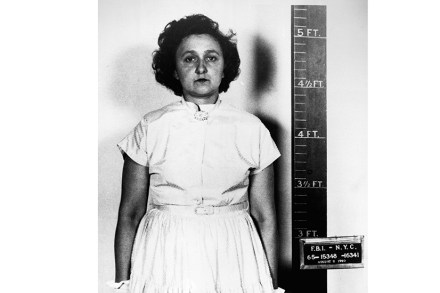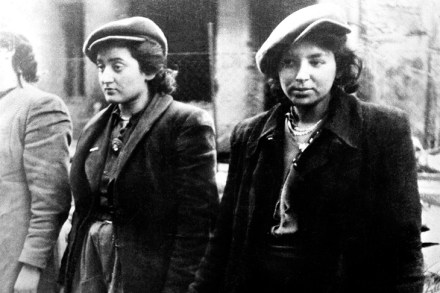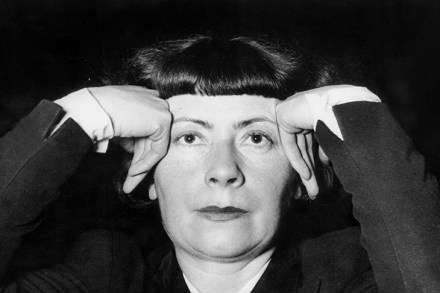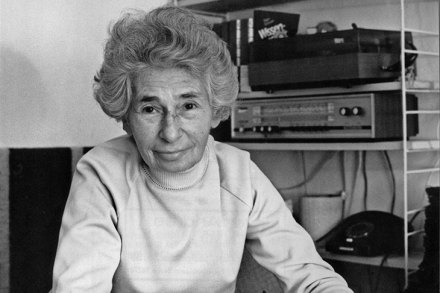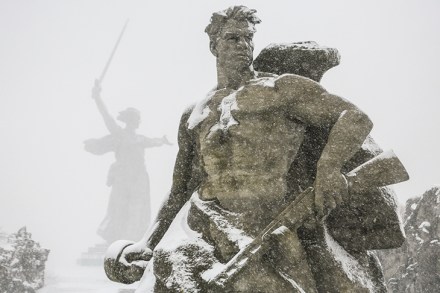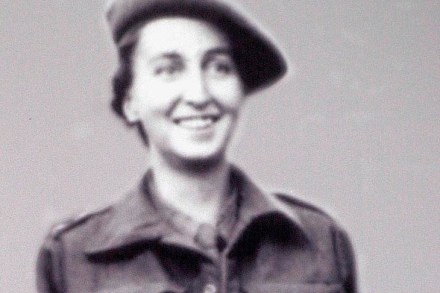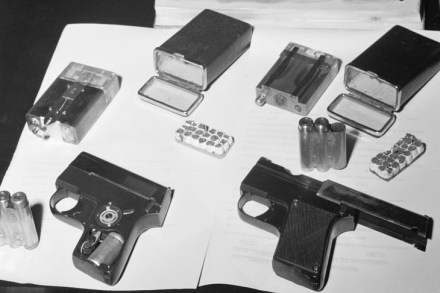Vindictive to the last: a Nazi atrocity in Tuscany
Late one evening in 1994, an Italian magistrate walked into a storage room at the military prosecutor’s offices in Rome. There his eye was caught by a 6ft-high wooden cupboard, curiously positioned so that it faced the wall. His interest piqued, he pulled the cupboard around and opened its doors. Inside were stacks of documents
